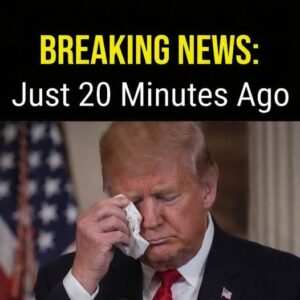The visa status of Melania Trump, the former First Lady, has faced significant scrutiny in light of her husband Donald Trump’s stringent immigration policies. In the past week, the former president has threatened to deport various individuals, including a New York mayoral candidate from Uganda and his former associate Elon Musk, who was born in South Africa. Trump also revealed plans for a new migrant detention facility in Florida, referred to as “Alligator Alcatraz.” Furthermore, the Supreme Court has restricted lower courts’ capacity to obstruct Trump’s initiatives aimed at limiting birthright citizenship, a decision that impacts millions of immigrant families.
In support of these policies, Melania Trump visited an immigration detention center in Tucson, Arizona, where she commended the work of ICE officials. However, this visit reignited discussions on social media regarding her own immigration history. Critics have pointed out that Melania, who hails from Slovenia, worked in the U.S. without the necessary authorization during the late 1990s. She entered the country on a tourist visa, which does not allow for employment, yet she earned over $20,000 through modeling before her skilled worker visa was granted.
Although Melania later adjusted her immigration status and became a U.S. citizen in 2006, her initial period of unauthorized employment was a violation of immigration laws. Critics have deemed this hypocritical, considering her public endorsement of strict immigration enforcement. Social media users have raised questions about why she was never deported while others face removal for similar infractions.
Numerous left-leaning commentators have speculated whether Trump’s severe deportation policies could eventually impact his own wife. Some have even called for Melania’s deportation alongside other individuals like Elon Musk, arguing that they obtained citizenship through dubious means.
This controversy highlights the tensions surrounding U.S. immigration discussions, prompting inquiries about fairness, legality, and the political motivations behind enforcement policies.





